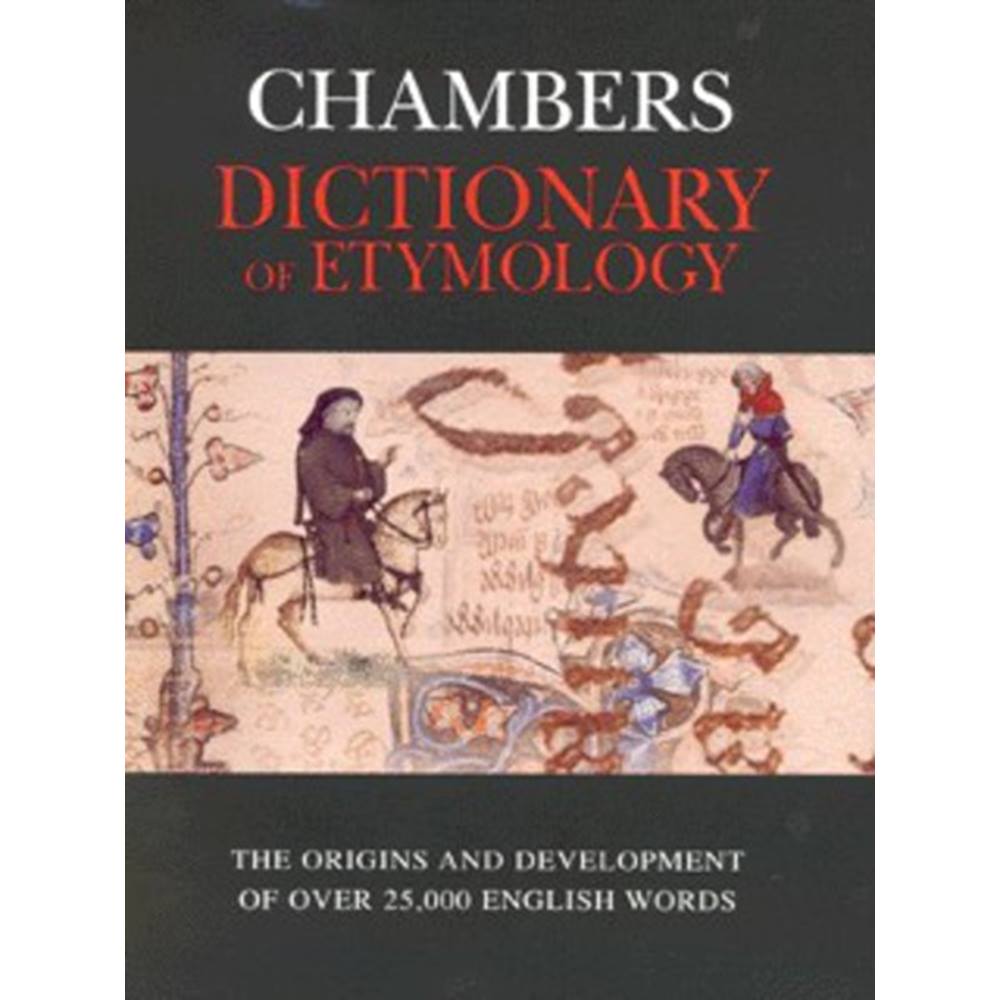
"At 76 I may well be in the bracket 'a certain age' but for a year or two now I have been an inveterate and unashamed Googler" was a typical response. First, my apologies for having been guilty of ageism in suggesting that there might be a generational difference in attitude towards the internet. There was considerable response to my comments last month on Googling and cheating. Let us hope that this boon does not become a victim of the current or any future round of public spending cuts. Armed with that membership number you can access the OED (and other key reference works) from the comfort of your own home. But it is available online and costs you nothing to access in the UK, if you take the simple step of registering to get a membership card from your local authority library. I cannot imagine that many of you have the space to house it (or the money to buy it). A couple of years ago a correspondent recommended to me the OneLook site as a useful source for gathering new information and answering clues for those without the strength and energy to search through printed dictionaries and other works of reference.Īs to the great multi-volume Oxford English Dictionary itself, here is a top tip. It lists them separately in alphabetical order, where Chambers still tends to group them under one head word, which makes them more difficult to find. The attraction of the Oxford Dictionary of English is that it has a good selection of proper nouns, though not as many as the old Collins, and has a clearer presentation of words and phrases than Chambers. The Guardian has always allowed them, which limits the usefulness of the new Collins. Some crosswords ban people's names entirely as solutions, so for them this does not create a problem (the Times allows people's names, but only if they are dead). The bane of the most recent edition of Collins is that, for some unknown reason, it has chosen to drop all proper nouns. I willingly concede that these qualities, attractive to setters, may not be selling points for solvers. Chambers is usually considered to be the crossword setters' dictionary of choice, partly because it offers them authority for a wider range of the more arcane words, especially Scottish, Australian, Shakespearean and Spenserian words and those whose usage is now regarded as archaic (or as being well on the way to that status). The other two dictionaries in constant use are Chambers and Collins. The answer is that I have indeed become a fan of the one-volume Oxford Dictionary of English, first published in 1998, with a second edition in 2003, revised in 2005 (and not to be confused with the grandfather of them all, the OED).

Earlier this year a correspondent, picking up on the fact that I regularly make positive remarks about an Oxford dictionary, asked which one I was referring to, since the OUP publishes several.


 0 kommentar(er)
0 kommentar(er)
